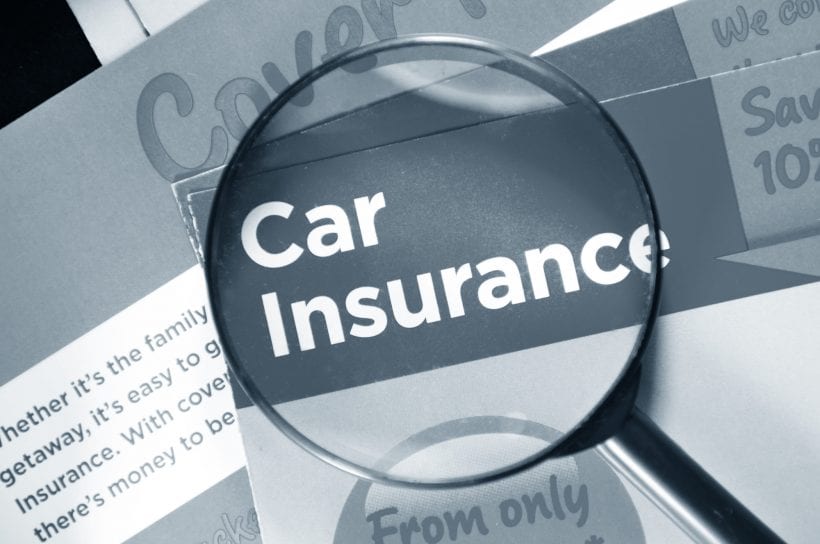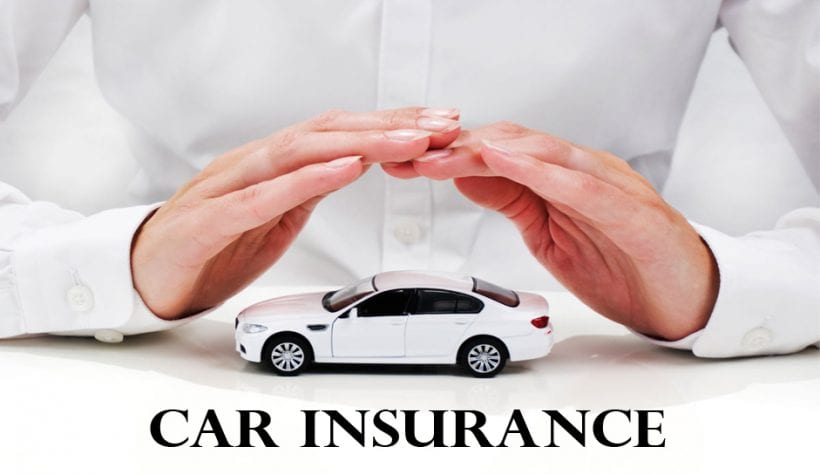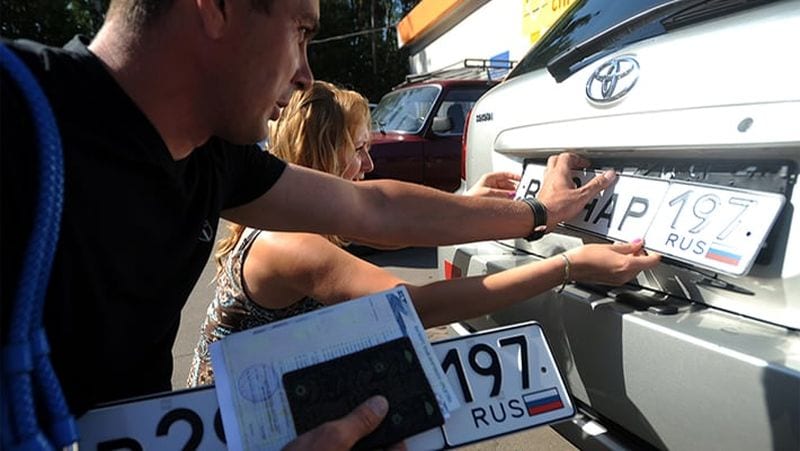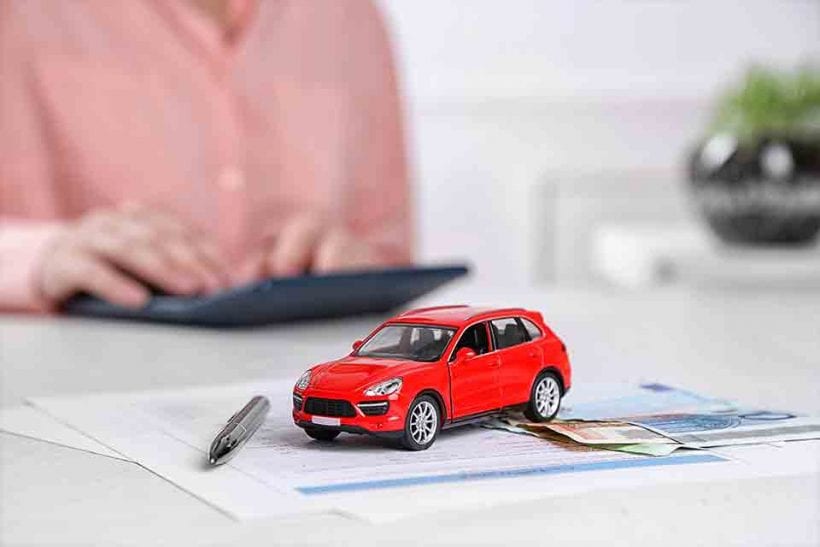Purchasing a car isn’t always easy. It is more than just knowing which make, model, and color is the right one for you; it’s about not going over your budget. You also need to consider whether you are going to privately purchase or buy through a dealer. However, once you’ve made your decisions and finally go to buy a car, the decision making doesn’t stop there. There are still several things that you will need to check off before you take your newly purchased car out on the road.
Compare insurance companies

Every car needs insurance; in fact, you are required by law to have it. Having insurance, however, is more than just a legal requirement. Insurance is also in place for peace of mind, financial protection, and to ensure that any damage to the car is covered if you were to get into an accident. Fortunately, there are lots of options when it comes to choosing an insurance company to take a policy out. For example, there are now insurance companies that offer usage-based insurance-based policies. Usage-based insurance, also known as pay-as-you-drive, can measure and record driver’s habits, and then reward safe drivers.
Nationwide SmartRide, who offer usage-based insurance for drivers, is one of the few insurance companies that still offer the plug-in device that records how many miles are driven, incidents of speeding, as well as hard braking, and the time of day regarding a trip. All of this can be viewed on the mobile app. Click on Expert Insurance Reviews to read the review and see how you could benefit from their insurance policy.
Determine what type of policy you want to take out
Secondly, you will need to determine what type of insurance you are interested in. There are several different types:
- Liability insurance
- No-fault insurance
- Comprehensive insurance
- PIP medical expenses insurance
- Catastrophic medical expenses insurance
- Uninsured motorist insurance
If you are only interested in the very basic form of insurance in order to fit the requirement by law, then opting for liability insurance is necessary. However, if you want to ensure that everything is covered from your windscreen to using a courtesy car, choosing comprehensive insurance is more suitable. Each company will offer slightly different variations of this policy, so be sure to ask as much as you can about what is included.

Paperwork
In all the excitement of purchasing your car, the paperwork side of things often gets forgotten. However, the paperwork is one of the most important steps in this checklist. There will be several pieces of relevant documents that you must double-check that you have. This includes checking that you have proof that you are the keeper of the vehicle. You should also be provided with a manual that is specific to your model of car and a servicing booklet.
If you have purchased a used car, you will also want to run your eyes over the vehicle’s history. Although this is recommended before you purchase your vehicle, too, it is always a good idea to double-check that everything is in order. The certificate needs to be completely accurate in terms of the make and model.
Finally, you will want to sit down and read through the sales contract to ensure that everything is correct. Check your name, address, the details of the car, and any advanced payments that have been made.
Check the spares are included
You must be sure that you come away with more than one set of keys, as they are expensive to replace. This will put your mind at ease if you were to lose them. You should also ensure that what you assume is included with the car is actually included. The last thing you want is to experience a flat tire in the middle of nowhere and not have access to a spare tire that you thought was included.
Register the vehicle

In order to drive your car on the road, you must have your vehicle registered. Who you register with will depend on the state that you live in, but if you contact your state’s DMV, they will be able to help. If you buy from a dealer, they might sort this out for you, but if you have bought a used car privately, you will need to register the vehicle yourself. In order to apply for registration, you will need several important papers that will make the process a lot easier, such as the certificate of ownership that shows you are the name registered owner.

